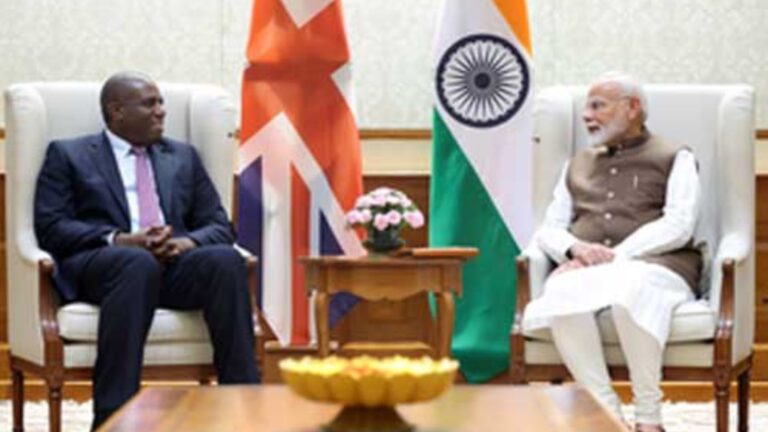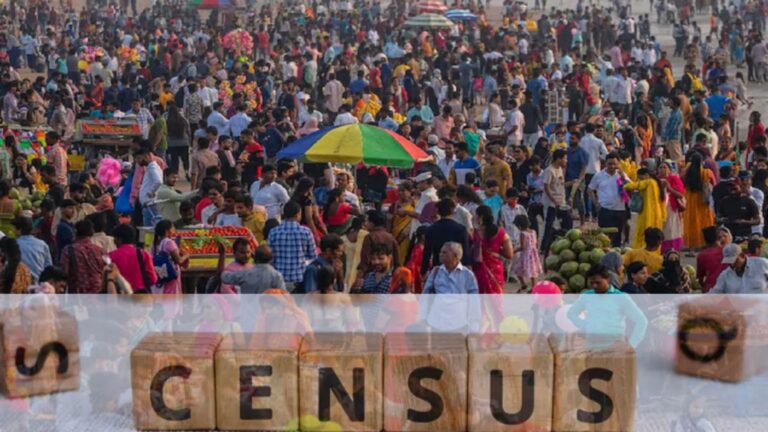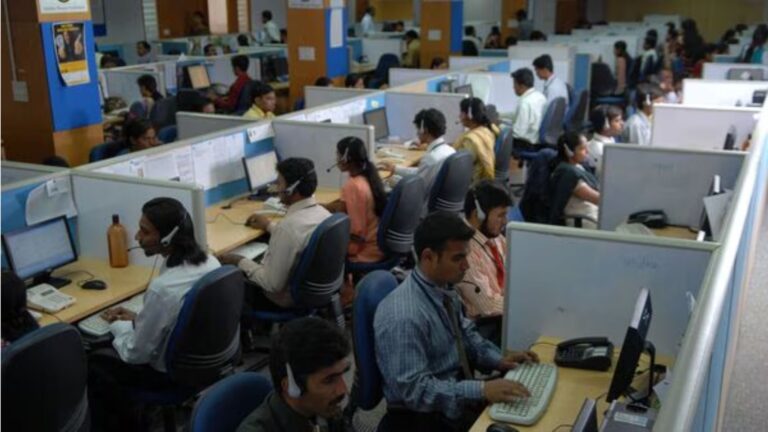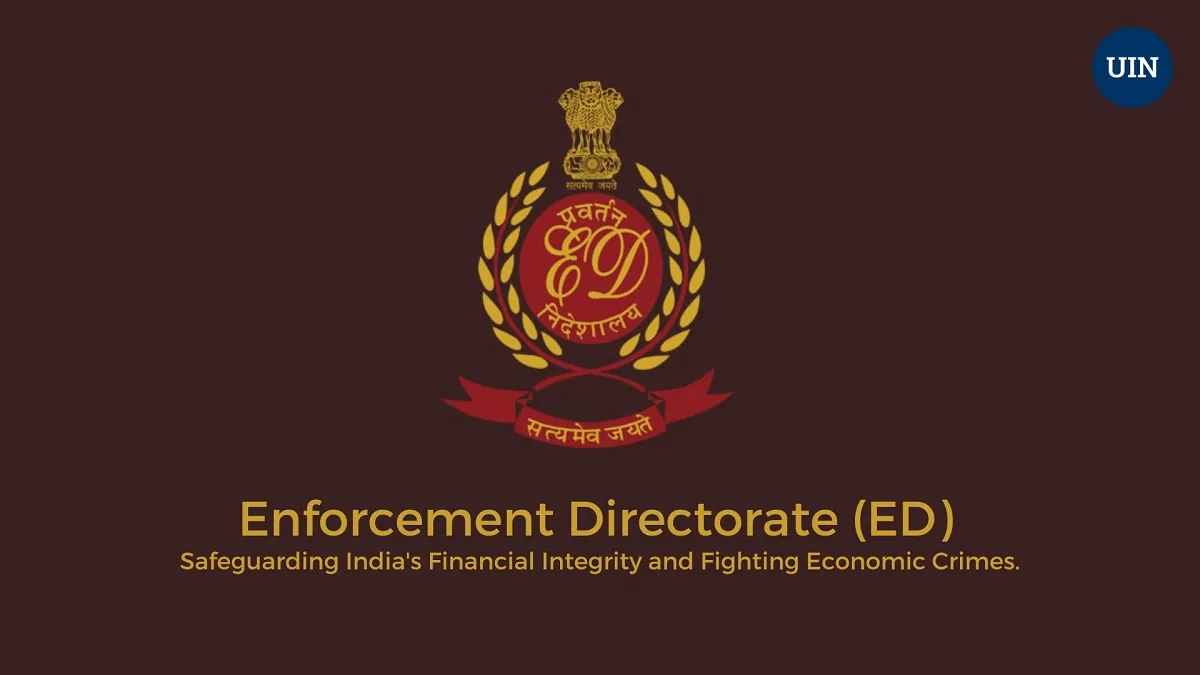
At the forefront of preserving financial integrity in India stands the Enforcement Directorate (ED), a crucial multi-disciplinary entity tasked with delving into crimes pertaining to money laundering and breaches of foreign exchange regulations. As a premier financial investigation agency functioning under the Department of Revenue, Ministry of Finance, the ED operates in strict compliance with the Constitution and Laws of India.
Table of Contents
Structure:
The Enforcement Directorate (ED) functions from its central command in New Delhi, helmed by the Director of Enforcement. Alongside the main headquarters, the organization maintains a strong presence with five regional offices situated strategically in Mumbai, Chennai, Chandigarh, Kolkata, and Delhi, each overseen by a dedicated Special Director of Enforcement.
Recruitment of officers is conducted directly, and personnel are also drawn from other investigation agencies, including IRS (Indian Revenue Services), IPS (Indian Police Services), and IAS (Indian Administrative Services). The inclusion of officers from diverse backgrounds such as Income Tax, Excise, Customs, and the police ensures a multi-faceted approach to tackling financial crimes.
Functions:
- COFEPOSA: The Enforcement Directorate (ED) wields the power to initiate cases of preventive detention under the Conservation of Foreign Exchange and Prevention of Smuggling Activities Act, 1974 (COFEPOSA) concerning violations of the Foreign Exchange Management Act (FEMA).
- FEMA: The Foreign Exchange Management Act, 1999 (FEMA) is a civil law aimed at regulating external trade and payments and fostering the orderly development and maintenance of the foreign exchange market in India. The ED is responsible for investigating suspected contraventions of foreign exchange laws and regulations, as well as adjudicating and imposing penalties on those found guilty.
- PMLA: The Prevention of Money Laundering Act, 2002 (PMLA) was enacted based on recommendations from the Financial Action Task Force (FATF). The ED is entrusted with executing the provisions of PMLA by conducting investigations to trace assets derived from proceeds of crime, provisionally attaching properties, ensuring prosecution, and confiscating the property through Special Courts.
- FEOA: The Fugitive Economic Offenders Act, 2018 (FEOA) empowers the ED to attach properties of economic offenders who have escaped from India, warranting arrest. The law aims to prevent economic offenders from evading Indian law by remaining outside the country’s jurisdiction.
Issues Related to Enforcement Directorate :
- Misuse of Power: The ED’s extensive powers have been allegedly misused to target political opponents. The ambit of the PMLA, which was initially designed to tackle money laundering associated with drug trafficking, has been extended to include minor offenses as well.
- Lack of Transparency: The selection process for investigations lacks transparency, leading to concerns of biased targeting of opposition parties. Despite media trials, convictions in cases by the ED are relatively rare.
- Political Bias: There are allegations of political favouritism, where individuals switching to the ruling party reportedly receive favourable treatment or leniency in economic offence investigations.
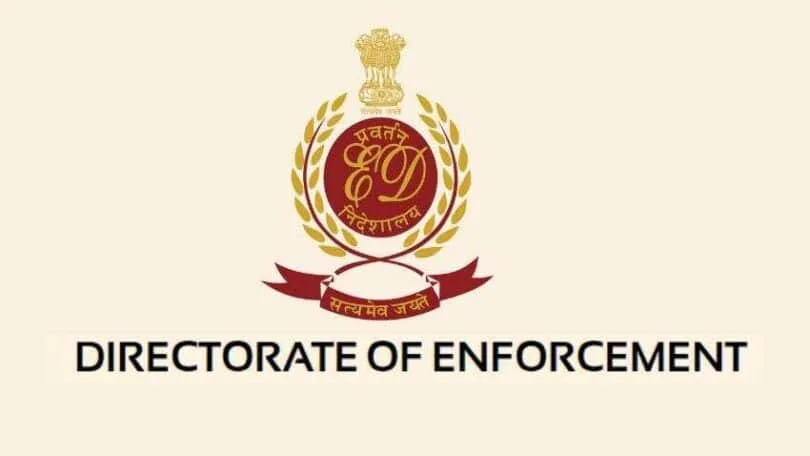
Recent Developments:
In recent news, the Madras High Court upheld the legality of Tamil Nadu Minister V. Senthilbalaji’s arrest by the Enforcement Directorate in connection with a money-laundering case linked to a cash-for-jobs scam. The court’s observations clarified that ED officials are not police officers but can subject any person accused in a PMLA case to custodial interrogation. Custodial interrogation allows the questioning of suspects or accused individuals while in the custody of law enforcement, adhering to constitutional provisions to prevent self-incrimination.
Way Forward:
Several measures can be taken to maintain the integrity of the ED and prevent political misuse.:
- Transparency: The ED should adopt transparent criteria for case selection and ensure fair and unbiased investigations.
- Speedy Trials: Cases should be resolved quickly to ensure timely trials and convictions, preventing undue damage to the accused’s reputation.
- Accountability: The ED should be held accountable for its actions, and any misuse of power must be investigated and appropriately addressed.
- Institutional Reforms: Implementing systemic fixes and reforms in government agencies will help reduce corruption and ensure proper functioning.
Conclusion:
The Enforcement Directorate plays a crucial role in combating financial crimes in India. However, recent developments and issues related to the ED’s functioning highlight the importance of maintaining a balance between its powers and constitutional provisions. By adopting transparent practices, ensuring accountability, and focusing on speedy and fair investigations, the ED can uphold its mandate effectively and contribute to a more transparent and just financial environment in the country.

